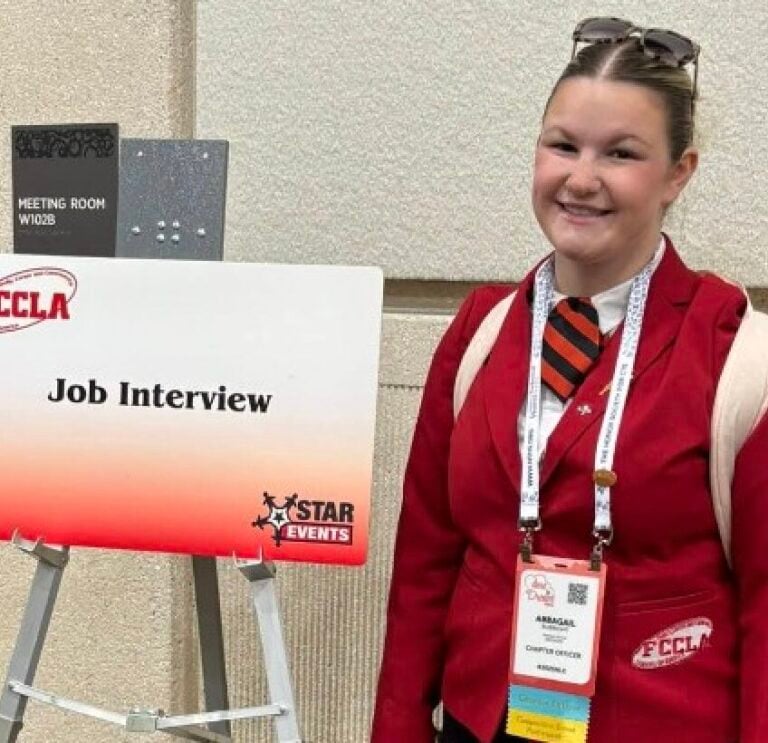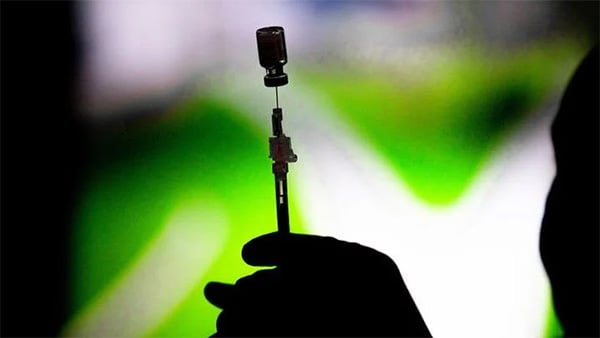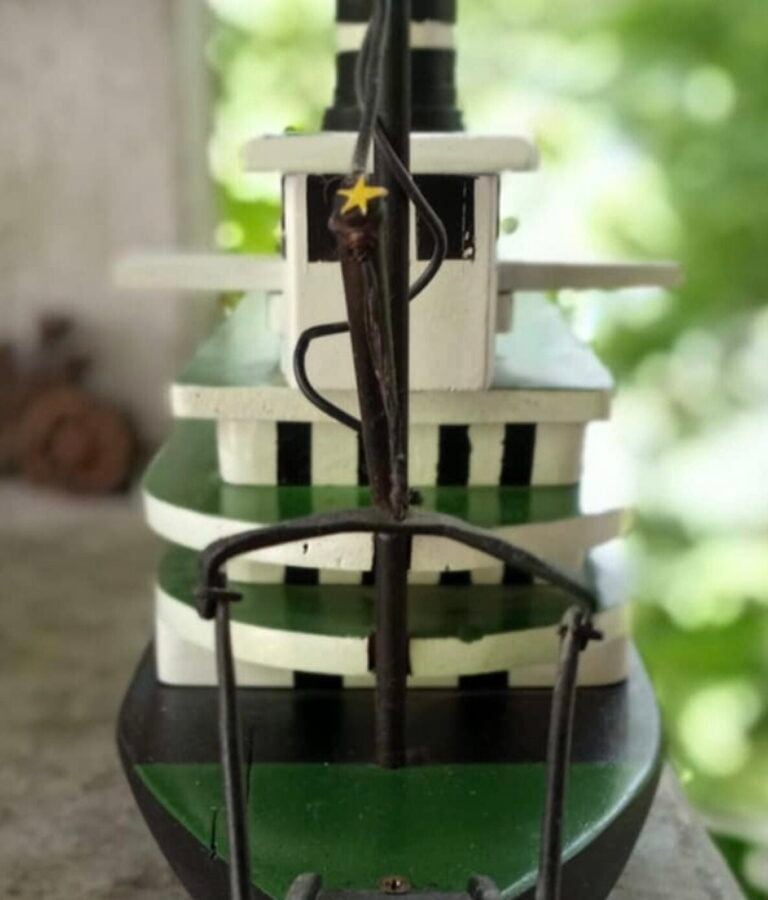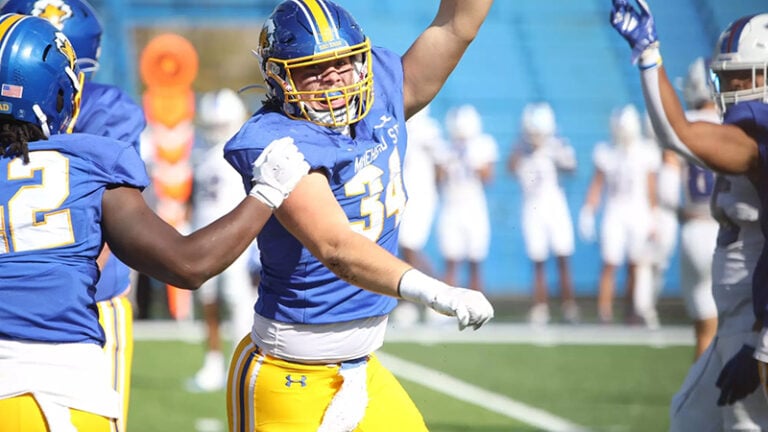By Mark Hansel
NKyTribune managing editor
The arraignment of David Dooley Wednesday on charges of use of a minor in a sexual performance and possession of matter portraying a sexual performance by a minor was postponed.
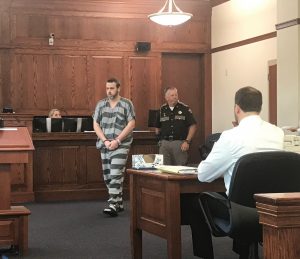
There were, however, significant discussions over the examination of evidence in Dooley’s retrial in the 2012 killing of Michelle Mockbee.
Use of a minor in a sexual performance is a Class B Felony that carries a maximum sentence of 20 years upon conviction. Possession of matter portraying a sexual performance by a minor is a Class D Felony that can include incarceration of up to five years with successful prosecution.
Dooley was indicted on those charges by a Boone County Grand Jury on August 21.
He is currently in the Boone County Justice Center awaiting a retrial, scheduled for February, in the Mockbee killing.
Dooley’s attorneys, Deanna Dennison and Jeff Lawson, asked that the trial for the sex charges take place after the retrial in the Mockbee killing. They have also filed two motions, asking that those charges be dismissed because of vindictive prosecution and/or lack of prosecutorial jurisdiction.
A detailed accounting of the basis for those arguments, as well as information that led to the charges being filed is available here.
“The motions go to the efficacy of the indictment itself, at this point in time…I would request that we continue Mr. Dooley’s arraignment,” Lawson said. “We waive any time constraints on arraignment (and) in fact we’re requesting that you consider these motions after the trial date set in the (murder retrial) matter.”
During Wednesday’s proceedings, the Mockbee killing was referred to as the 2012 case and the sex charges were identified as the 2018 case.
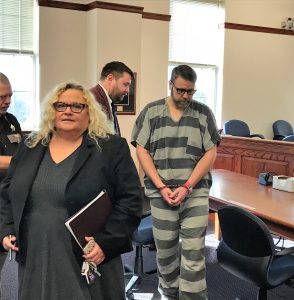
Lawson argued that the defense team has its hands full trying to prepare for the retrial in the Mockbee killing.
“We have a homicide case to try,” Lawson said. “Obviously these indictments are broad and we question the efficacy of the indictments, but I think we have enough on our plates to try this homicide case, as opposed to going forward to litigate these new allegations at this time. What we’re asking for is to set a date for the arraignment and consider the motions sometime after the trial.”
Jon Heck, a special prosecutor from the Office of the Attorney General, said he would agree to that, with a stipulation.
Heck was assigned to represent the Commonwealth in the Dooley retrial because of a potential conflict involving Boone/Gallatin Commonwealth’s Attorney Linda Tally Smith.
“I’ll do that, if they stipulate to this. I’m going to continue to litigate the 2018 case between now and whenever it goes to trial,” Heck said. “I’m putting them on notice, with respect to the court, there is going to be a fairly substantial motion that I’m going to file in this case to change the law in the State of Kentucky, with regards to sexual abuse. I’m not going to wait until after the murder case to litigate that.”
Heck did not elaborate on the potential change to state law, but it fueled speculation that, if successful, it could have an impact on the recent sex charges filed against Dooley.
Circuit Judge James R. Schrand, who will preside over the retrial, as well as rule on whether the new charges should be dismissed, set a motion hearing for November 15.
At that time, defense attorneys will present arguments for dismissal and Heck will make the case for those charges to go forward.
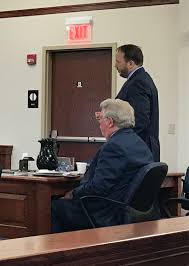
Dooley could also be arraigned on the sex charges, which stem from incidents first investigated in 2005, and possibly enter a plea, at that time.
Schrand also presided over Dooley’s original trial and the CR60.02 hearing at which Dooley’s conviction was overturned because it was determined that evidence that may have aided in his defense was withheld from his attorneys.
Debate over review of evidence in Dooley retrial
A pretrial conference on the Dooley retrial also took place concurrently Wednesday. While such conferences are often procedural, this one sparked a spirited debate over the examination of evidence.
A key piece of evidence in Dooley’s original trial was a recorder used by then-Boone County Sheriff’s Det. Bruce McVay that was said to have malfunctioned. As a result, McVay said he had to rely on written notes to explain what took place during his initial interview with Dooley on the day Mockbee was killed.
Dooley disputes McVay’s account of the interview.
Heck revealed Wednesday that not only were investigators able to track down the recorder, it has been in use by the Boone County Sheriff’s office at times, for the last six years. He said either McVay didn’t use it right or it was defective.
“It was taken out of circulation by the Boone County Sheriff’s office, it was placed in property with the rest of the evidence in this case and now they want to inspect it,” Heck said. “Here’s the problem with that. There are recordings of witnesses in other cases that the Boone County Sheriff’s office and quite frankly, the Commonwealth, does not want to hand over to the defense, because they believe it’s not relevant.
According to Heck, there are no longer any recordings that have anything to do with the Dooley case.
“Imagine a scenario, where you’re giving a statement to a police officer, there is no expectation that recording is going to be examined by defense attorneys in the David Dooley murder case,” Heck said. “What I would want to do is have the recordings extracted as they normally would and put on other media, erase those things from the recorder and then make it available to the defense for inspection.”

Lawson said there is a way to allow the defense to review the recordings and protect the privacy of those being interviewed.
“I think, if the court issues a protective order that confines the use of any type of recordings that might be on that device just to us, as the counsel for the defendant, that won’t risk what the Commonwealth is suggesting,” Lawson said.
The defense contends that being able to have its expert examine how the tape functions is critical to its case.
“The Commonwealth’s assertion now is that recorder is functioning, it has been functioning for the last six years, I suppose,” Lawson said. “It just didn’t function on the date in time that it was most important for that recorder to function, which is the very first day in this homicide investigation. The fact that there are good recordings on there is absolutely relevant to the defense and the fact that this is the same recorder that was malfunctioning.”
Heck agreed that the recorder has been in use, but said he didn’t know if it functioned for the entire time without flaws, or if someone had to “smack it against a table” sometimes to get it to work properly.
“It was put back into circulation and it has material on it that has nothing to do with this case,” Heck said.
Lawson said that as evidence, it should not be altered any more than it already has been.
“What I’m asking for is that we just leave it as status quo,” Lawson said. “I don’t think it would be appropriate, now that Mr. Heck has stipulated that this is an item of evidence in this case, at this point, to have an item of evidence altered by the Sheriff’s department.”
While Schrand said he would have to hear the motions and consider them before making a ruling, he indicated he was inclined to side with the Commonwealth
“I can’t see that right now, that it would be appropriate,” Schrand said. “I don’t think that’s going to change the recorder, whether or not it worked or didn’t work.”
Lawson explained that it was not the information on the recordings that was important, as much as the recordings themselves.
“Judge, what happened in this case back in 2012 with this recorder is that Det. McVay indicated to the court that there was a beeping sound…which indicated the batteries were dying,” Lawson said. “He had to go switch the batteries and then he continued to switch batteries and the recorder kept failing, that was his testimony. If there is beeping on the audio recordings, not talking about contents at all, but if there is beeping now with the recordings that are on it, that is absolutely relevant to what we are trying to get to.”
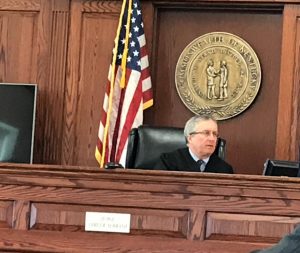
The defense also asked that a tape gun, of the same make and model believed to be the murder weapon, be turned over to its expert for examination.
Heck also indicated he would oppose that request because it is evidence in the case and chain of custody must be protected.
Lawson said the tape gun is merely a demonstrative exhibit.
“It is no way alleged to have been involved (in this crime),” Lawson said. “It is the exact same model that was allegedly used in this crime. Chain of custody does not apply.”
Schrand agreed to consider all of the motions with regard to the evidence in the Dooley retrial at a hearing on Oct. 11.
*Note: for a complete recap of the Northern Kentucky Tribune’s extensive coverage of the Dooley case, click here and enter the words “David Dooley” in the search box, located in the upper right corner of the page.
Contact Mark Hansel at mark.hansel@nkytrib.com








